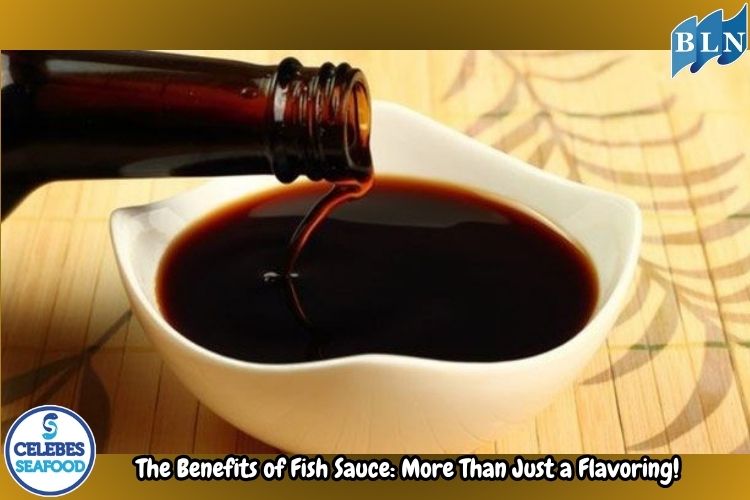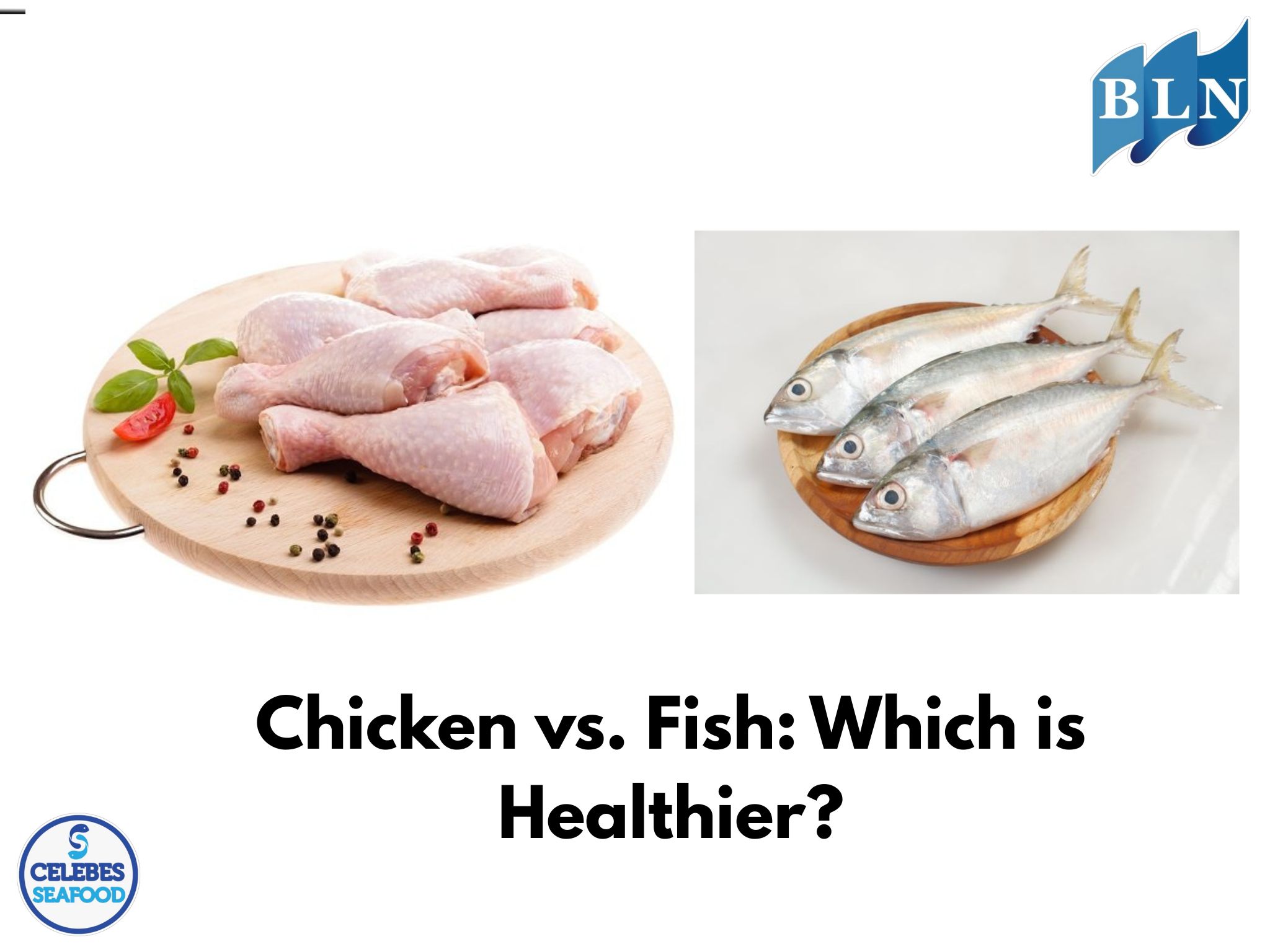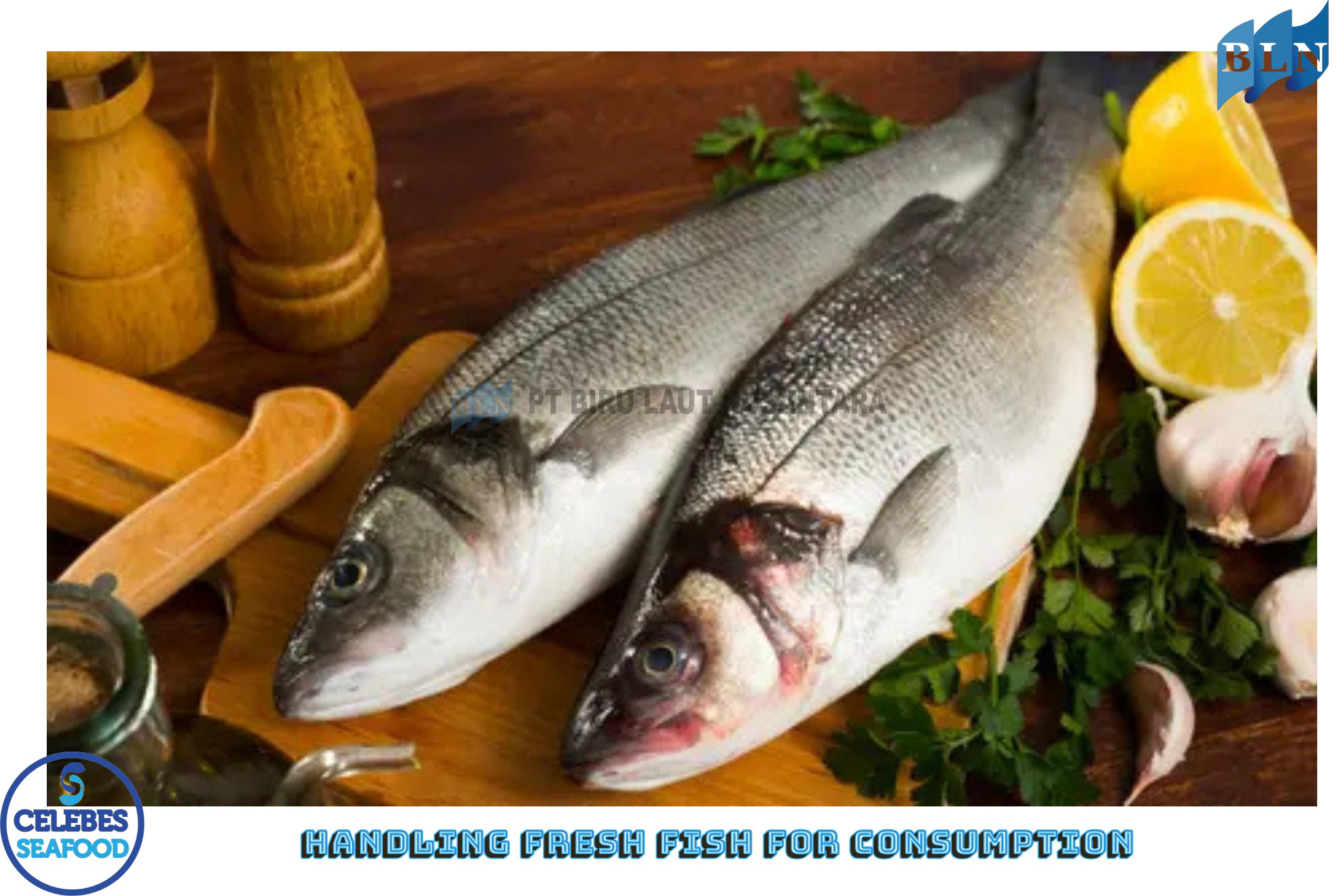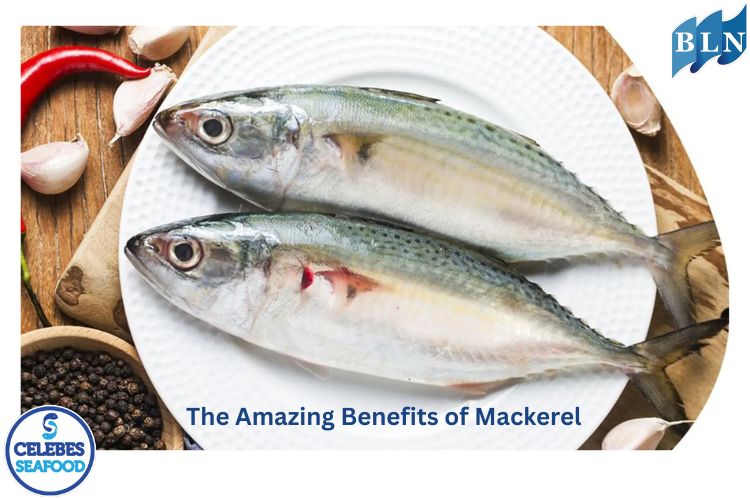The Influence of Weather on Fishermen's Catch
By. Rani - 10 Jun 2025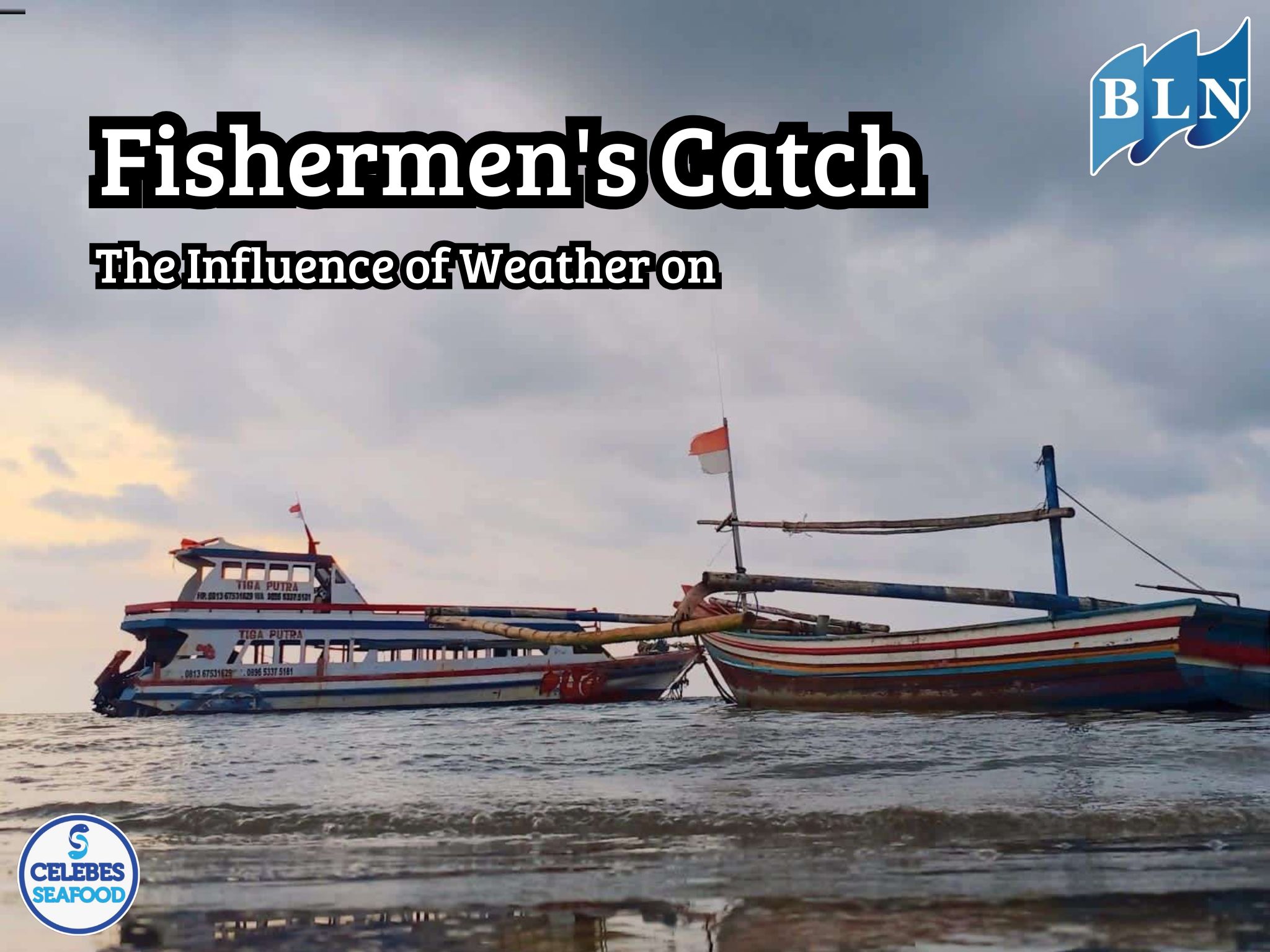
lautnusantara.com The weather has a very significant influence on fishermen's catches. This is because fish behavior is highly sensitive to changes in environmental conditions. Here are some of the most influential weather aspects affecting fish catches:
1. Water Temperature
- Fish Behavior: Most fish species are cold-blooded, meaning their body temperature adjusts to the surrounding water temperature. Each species has an optimal temperature range where they are most active and feed.
- Cold Water: Fish tend to be slower and less active, requiring less food. This makes them harder to catch.
- Warm Water: Fish can be more active, but excessively high water temperatures can reduce dissolved oxygen levels, making fish stressed, less active, or causing them to move to deeper waters.
- Example: Skipjack tuna in the waters of the Bali Strait, for instance, show different catch results during the east monsoon (tends to be colder) and the west monsoon (warmer).
2. Barometric Pressure (Air Pressure)
- Fish Behavior: Changes in barometric pressure can greatly affect fish behavior, especially those with large swim bladders.
- High Pressure: Fish tend to move to deeper waters and become less active, making them harder to catch.
- Low Pressure (decreasing): Fish tend to move to shallower waters and become more active in feeding. Many fishermen believe the best time to fish is when barometric pressure begins to drop before a storm or heavy rain.
3. Wind
- Wind Direction and Speed: Wind can affect water currents and waves, which in turn influence the concentration of plankton and small fish, attracting predatory fish.
- Light Wind: Light wind can create ripples on the water's surface that camouflage the presence of fishermen and allow fish to approach more boldly.
- Strong Wind: Strong winds can create high waves, which are dangerous for fishing boats, increase water turbidity, and cause fish to move to deeper or calmer conditions. However, in some cases, strong winds can also increase dissolved oxygen levels and trigger fish feeding activity.
Read to : The Use of Fishing Gear That Damages Fisheries Habitats
4. Rain
- Direct Impact: Heavy rain can make sea conditions dangerous due to high waves and low visibility.
- Indirect Impact:
- Water Temperature: Rain can lower the surface water temperature.
- Salinity & Turbidity: High rainfall, especially from land, can alter salinity and increase water turbidity, affecting the vision of fish that typically hunt by sight.
- Food Source: Freshwater runoff from rain can carry nutrients and organic matter into the waters, attracting fish to gather in those areas.
5. Ocean Wave
- Fishermen Safety: High waves, especially during extreme weather like storms, are very dangerous for fishing vessels and can cause fatal accidents. Many fishermen choose not to go to sea at all when waves are high.
- Fishing Activity: High waves also make it difficult for fishermen to operate their fishing gear and can cause fish to move to deeper or calmer waters.
6. Climate Change
Global climate change exacerbates challenges for fishermen by causing:
- More Frequent Extreme Weather: Increased frequency of storms, heavy rains, and high waves.
- Rising Sea Temperatures: Affects fish migration, fish stock availability, and can reduce the quantity and types of catches.
- Unpredictable Fishing Seasons: Previously predictable seasonal patterns become difficult to anticipate, leading to economic uncertainty for fishermen.
If you are interested in our Coral Trout Fillet Skin On, CORAL TROUT WGG WHOLE GILLED GUTTED, TOMATO COD WHOLE GILLED GUTTED please do not hesitate to contact us through email and/or whatsapp.

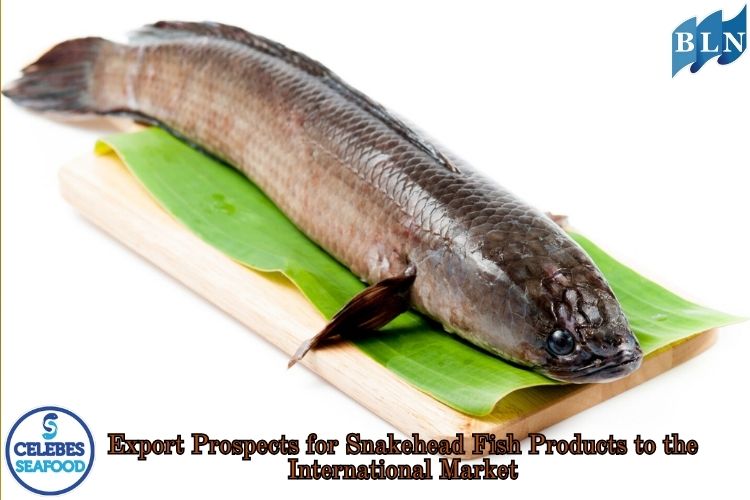
.jpg)
.jpg)
